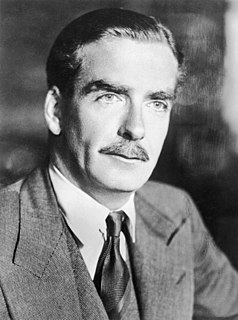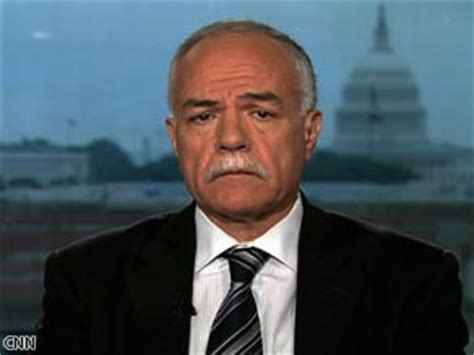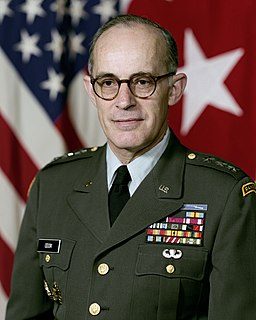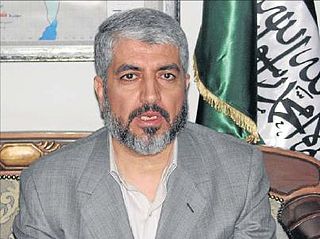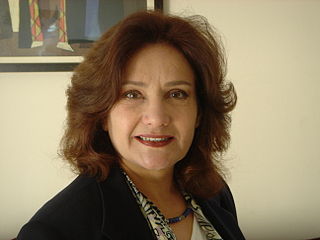A Quote by Maajid Nawaz
If we look at Abdel Nasser in Egypt as an Arab leader, he was secular.
Related Quotes
Rulers like Egypt's Gamal Abdel Nasser started subsidizing bread as a way to buy loyalty, or at least obedience, and this system became so pervasive that the Tunisian scholar Larbi Sadiki described countries who used it as dimuqratiyyat al-khubz - "democracies of bread." But the problem with this system of offering bread in exchange for genuine democracy is that it can never last - sooner or later, the bread will run out, and people will start demanding bread and roses too.
The good thing about Egypt is, between the two World Wars, Egypt was - had a liberal society. It has a political life. It has parties. It was not - it was dysfunctional in many ways, but it was not a very repressive regime. Egypt, at one time, was the bellwether of the Arab world, was the trendsetter, created great culture, movies, cinema, you name it.
I am familiar with what goes on in the Arab countries, and I'm sad to say that most of us want to annihilate Israel. We want to kill all the Israelis... Do you know what they used to say in the mosques in Egypt? "We want to go to the White House and turn it into the Islamic House..." We call upon the Arab countries to stop teaching hatred to the Arab children.




